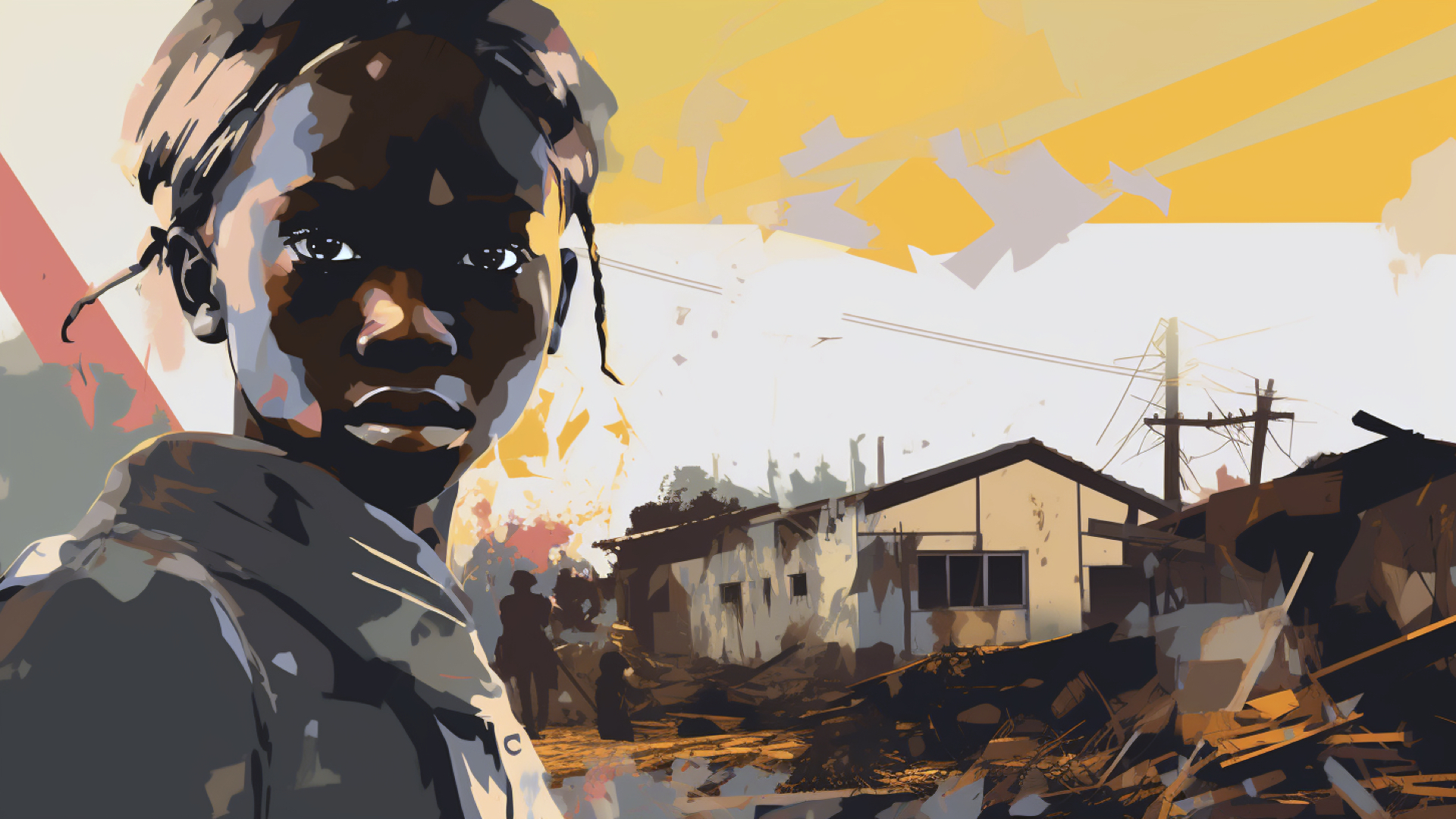How Much Resilience? Tools for Disaster Risk Assessment to Promote Resilience in Infrastructure Investments.
How Much Resilience? Tools for Disaster Risk Assessment to Promote Resilience in Infrastructure Investments. Resilient Infrastructure, Urban Resilience, Transport, Slope Stabilization The session addressed urban landslide risk in the…
Designing Resilient Cities through Data-Driven Solutions in a Riskier World – Lessons Learned from Japan and the World
Designing Resilient Cities through Data-Driven Solutions in a Riskier World – Lessons Learned from Japan and the World Designing cities with data utilization Cities face increasing risks from climate change, rapid urbanization, and…
Transforming Risk Assessment: The Power of Open Standards in Data Collaboration
Transforming Risk Assessment: The Power of Open Standards in Data Collaboration Open data standards, risk information During the session we presented the latest capabilities of the Risk Data Library, an open data standard and…
Human Mobility in Disasters: New Applications of Data from Mobile Devices and Social Media in Recent Asian Emergencies
Human Mobility in Disasters: New Applications of Data from Mobile Devices and Social Media in Recent Asian Emergencies Mobility Data, Disasters, Data Science, Predictive Analytics The focus of this session was on recent advances in…
Holistic and Inclusive Resilience: Insights from the World Risk Poll and Sierra Leone
Holistic and Inclusive Resilience: Insights from the World Risk Poll and Sierra Leone Resilience, Disaster Risk Reduction, Data This session launched the 2023 edition of the World Risk Poll Resilience Index, showing how different…
Advances in Multi-Hazard Risk and Resilience
Advances in Multi-Hazard Risk and Resilience Disaster risk assessment; Socioeconomic resilience; Hazard information profiles The session delves into the intricate dynamics of addressing interdependencies between natural hazards, the…
What about Geohazards? Building a Global Community for Hazard and Risk Assessment
What about Geohazards? Building a Global Community for Hazard and Risk Assessment Geohazards such as earthquakes, volcanic eruptions, tsunamis and landslides represent a significant proportion of the global disaster risk. This…
Using the RiskScape Engine and Platform for Risk-Informed Decision-Making
Using the RiskScape Engine and Platform for Risk-Informed Decision-Making Disaster risk management often focuses on specific hazards, but a broader understanding of risks and how they intersect across various hazards and socio-economic…
Opportunities and Challenges when Leveraging AI to Support Early Warnings for All
Opportunities and Challenges when Leveraging AI to Support Early Warnings for All The four pillars of the UN’s “Early Warnings for All” (EW4ALL) exemplify the components of a comprehensive early warning system (EWS): a solid…
Nature-Based Solutions (NBS) for Climate Resilience – From Analytics to Decision Making
Nature-Based Solutions (NBS) for Climate Resilience - From Analytics to Decision Making 9:00 - 9:10 Introduction of the Day by GFDRR | World Bank Brief overview of the day's schedule and objectives. 9:10 - 9:40 Nature-Based Solutions…
Data Analytics for DRM in Health Systems: AI-Driven Tools for Cross-Sectoral Resilience
Data Analytics for DRM in Health Systems: AI-Driven Tools for Cross-Sectoral Resilience In this session, we explore how combining risk and socio-economic data can help to enhance the disaster resilience of health systems. We will…
Climate Analytics Acceleration Hub: Igniting Action & Finance with Innovation
Climate Analytics Acceleration Hub: Igniting Action & Finance with Innovation This Focus Day Event aims to tackle challenges in disaster risk management, climate adaptation, and investment by bridging gaps in climate analytics and…
What about Geohazards? State of Practice in Risk Assessment and Needs to Improve at National to Sub-National Level
What about Geohazards? State of Practice in Risk Assessment and Needs to Improve at National to Sub-National Level Geohazards such as earthquakes, volcanic eruptions, tsunamis and landslides represent a significant proportion of the…
The Hotspot Stoplight: Integrated Modeling and Mapping of Climate Risk, Biodiversity Loss, and Urban Expansion
The Hotspot Stoplight: Integrated Modeling and Mapping of Climate Risk, Biodiversity Loss, and Urban Expansion UN-Habitat, the University of Pennsylvania, and the government of Costa Rica will share early lessons from application of…
Sendai Framework Monitoring: Why not for Municipalities?
Sendai Framework Monitoring: Why not for Municipalities? As the host city of the Third UN World Conference on Disaster Risk Reduction, Sendai City has worked to implement the Sendai Framework for Disaster Risk Reduction 2015–2030.…
Safeguarding the Power System – Investing for Resilience in Bangladesh, Japan, and Ukraine
Safeguarding the Power System – Investing for Resilience in Bangladesh, Japan, and Ukraine Electricity is the lifeblood of a modern economy, with both natural and human-driven disasters creating complex challenges for ensuring…
Help! How Do You Price a Risk Assessment?
Help! How Do You Price a Risk Assessment? Is there a standard risk assessment? Decision makers assessing risk are confronted with a multitude of options and combinations of approaches that vary for different use cases. Better-…
Empowering Communities: Bridging Innovation and Tradition for Effective Early Warning Systems in the Asia Pacific
Empowering Communities: Bridging Innovation and Tradition for Effective Early Warning Systems in the Asia Pacific This session is highlighting the critical role of early warning in mitigating disaster risks. Through a blend of…
Disaster’s Toll in Conflict and Fragile Contexts: Unveiling Economic Impacts
Disaster's Toll in Conflict and Fragile Contexts: Unveiling Economic Impacts Despite the prevalence of disasters in conflict-affected states, enacting climate and disaster resilience activities in such settings is highly challenging.…
Digital Twin Paradigm for Disaster Resilience
Digital Twin Paradigm for Disaster Resilience Digital twin is recognized as digital copies of physical world's objects stored in digital space and utilized to simulate the sequences and consequences of target phenomena. By…



